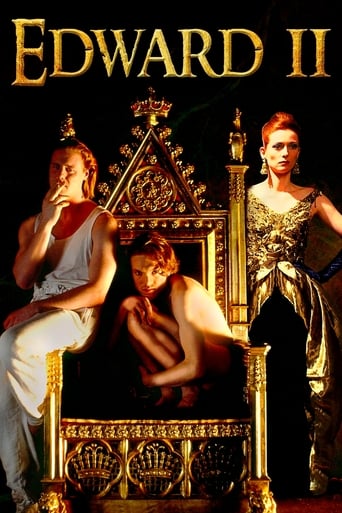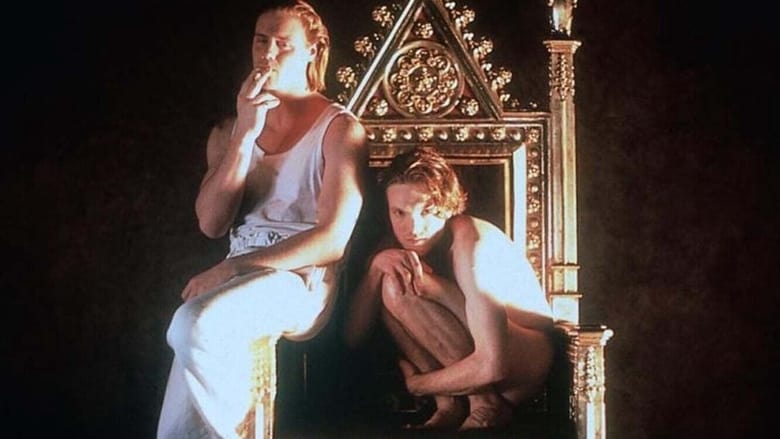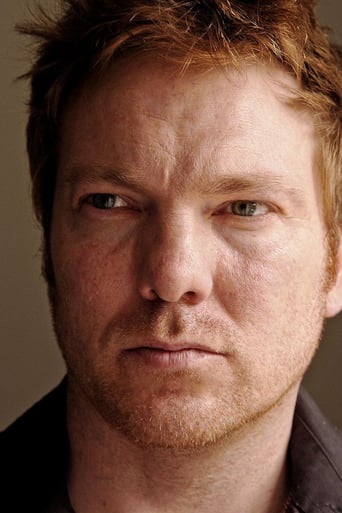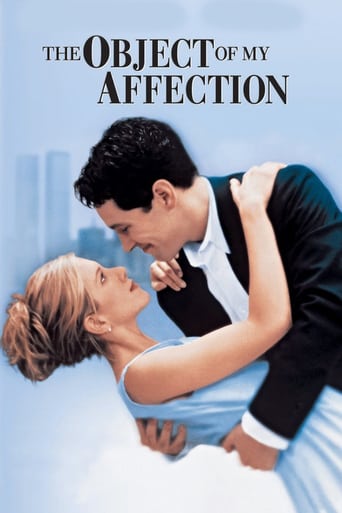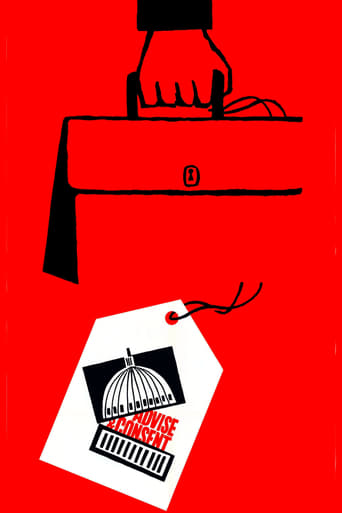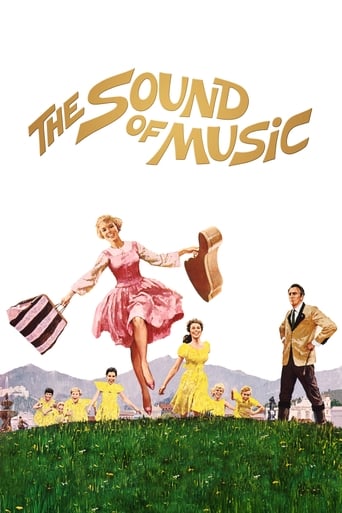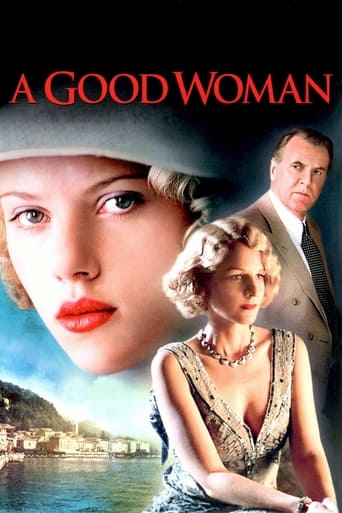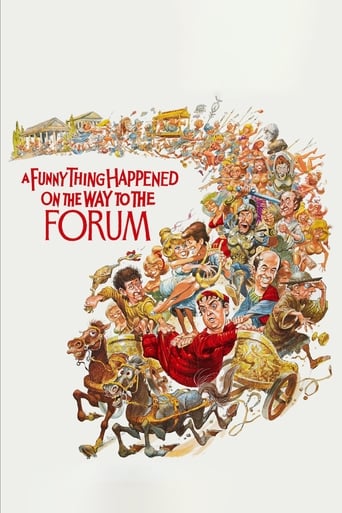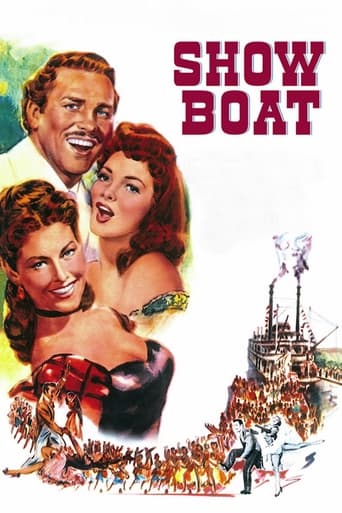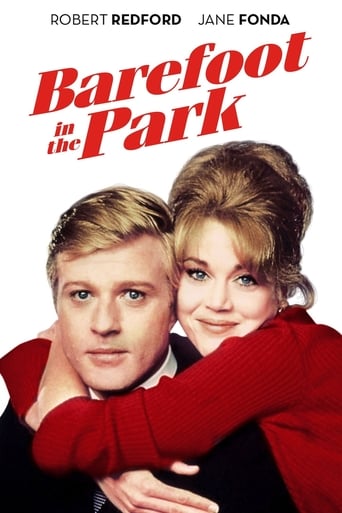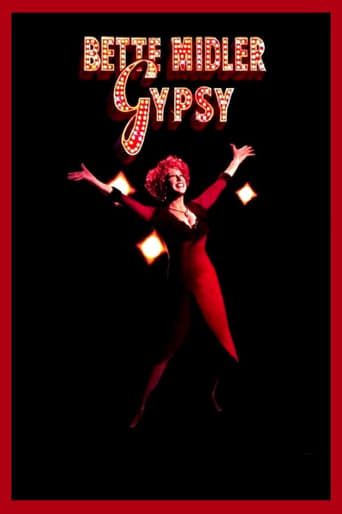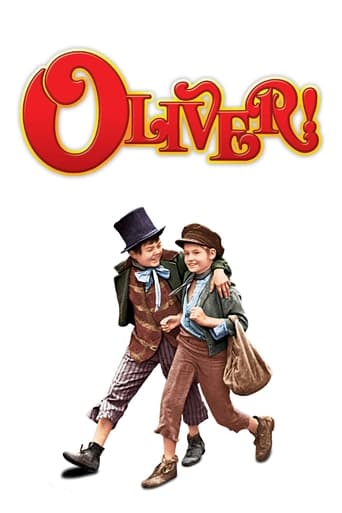Edward II (1992)
England, 14th century. King Edward II falls in love with Piers Gaveston, a young man of humble origins, whom he honors with favors and titles of nobility. The cold and jealous Queen Isabella conspires with the evil Mortimer to get rid of Gaveston, overthrow her husband and take power…
Watch Trailer
Cast


Similar titles
Reviews
Absolutely the worst movie.
It's an amazing and heartbreaking story.
It really made me laugh, but for some moments I was tearing up because I could relate so much.
The thing I enjoyed most about the film is the fact that it doesn't shy away from being a super-sized-cliche;
This movie is based upon a play written by Christopher Marlowe. Marlowe lived in the 16th century (1500's) while the events in the play took place in the 14th Century (1300's), thus there is approximately a 200 year difference between the events the play depicts and its writing. This means that Marlowe could have been making a political comment at the time, but using a king from the past so as not to make it too controversial.The play is about the King of England, Edward Plantagenat II, who ascends the throne after the death of his father Edward I. Edward is a homosexual and within the first couple of scenes, seeks and finds a lover in a peasant named Galveston. Edward uses his kingly powers to raise this peasant to nobility and proclaims him chancellor of the realm, Duke of Cornwell, and King of the Isle of Mann. Edward does this because he loves this man, but he does not understand tradition. He, as a king, has no right to bestow such titles on peasants. This angers the nobility, especially the general.His wife, on the other hand, is frustrated because he find no interest in her. She would rather see him rid of Galveston and return to her, but when Galveston is exiled through pressure from the nobles, she discovers that he is even less interested in her and instead pines for the return of Galveston. Thus throughout the play we discover that his wife, Isabella, becomes ever more alienated from her husband and becomes closer to the general, who becomes Regent of England until her child, Edward III, becomes old enough to take the throne.Marlowe lived in a rather turbulent time in English history, namely during the reformation when England was being pulled between Protestantism and Catholicism. King Henry had broken away from Rome and had set himself up as the head of the church. There were going to be repercussions to this action and I think this is possibly what the play represents. Edward makes a peasant his second in command, and the repercussions was that he alienated himself from his nobles, thrust the country into civil war, and in the end he was executed. In real history, Edward was removed from the throne by an act of parliament and a regent set in place to rule until Edward III was old enough to rule. The turmoil that resulted from the events with Galvaston reflect what might happen with the break from the church, though there is little that I can comfortably say without knowing too much about the dates of the play.The film itself was done in a very abstract style. The clothing was modern day, but the scenes were very abstract. The film closed with Edward III standing on top of a cage in which queen Isabella and the general were frozen. Edward III did finally master Isabella and the regent when he burst into their room and slew them. After that he turned his attention to France.The question in my mind, is the film pro or anti-homosexual. There are a lot of men kissing men in the film, and in my mind the film probably is designed to be pro-homosexual. Obviously considering the topic. The play, I don't think so. I think the play possibly serves a different purpose. I don't think homosexuality was the issue then that it is today. The film confronts us with it and tries to show us that there is nothing wrong with it, yet the play flares out about how unnatural it is. Maybe the director is trying to confront us with the images for shock value for the play does not come out for or against. The king is executed along with Galveston who is also exiled and spat upon during the play.I thought the play was brilliant, but generally literature from that time was of a very high quality. The movie annoyed me with the homosexual images but I was able to look past that to the play itself in which a very powerful and violent story was unfolding.
Most Brits could tell you that Edward 2nd came to an unfortunate and painful end but that would be the extent of their knowledge of the country's first acknowledged homosexual monarch.Their disinterest not being rooted in deep-seated homophobia,merely the lack of relevance to life in 21st century England of the sexual orientation of some obscure long-dead king. Quite what point Mr D.Jarman is trying to make in "Edward 2nd"is not clear to me.Homosexual men had a tough time back then?Hold the front page. Is he inferring that treatment of gays in 1991 is in any way comparable?Surely that is a gross insult to the efforts of equal rights campaigners and the abuse and injury they have sustained over the years to ensure that no sensible person cares who his neighbour sleeps with as long as it doesn't have fur,feathers or scales. Whatever,the movie's two main characters are deeply unsympathetic self - obsessed boors with no saving graces whatsoever. Mr Jarman's "brilliant" spin on Marlowe's play is to put it on in modern dress - there's daring for you.Presumably to make the patently absurd point that attitudes towards homosexuality have not changed with the passage of time. Too gimmicky by half,"Edward 2nd" might appeal to the small number of gay men who still regard themselves as victims of a heterosexual conspiracy and want to see their beliefs made flesh,as it were,up om the screen. I suspect that most people,however,might consider that Mr Jarman was over - egging the pudding just a little bit.
This gay adaptation of Christopher Marlowe play about the passion of the British King Edward II for a plebeian made by Derek Jarman, who died of AIDS in 1994, is very boring and confused. The film was shot on a stage, but the screenplay is very unpleasant and I could not wait for the end of the movie. I was attracted by the names of Tilda Swinton, John Lynch and Annie Lennox, and in the end, only the Lennox singing Cole Porter's "Every Time We Say Goodbye" was worthwhile. The DVD released in Brazil is unbelievably dubbed in Spanish, i.e., a British movie dubbed in Spanish to make it worse. In my opinion, "Edward II" might be mainly recommended for gay and very specific audiences. I had the displeasure of watching this flick on DVD on 27 August 2005. My vote is three.Title (Brazil): "Eduardo II" ("Edward II")
I think a couple of cinema school students have met to create this film, trying to make something "different". It makes a strange mixture of present and past, not 100% convincing. They seems to me more concentrated in the costumes, than in the film itself, it was like a mode parade. Symbology too pretentious.

